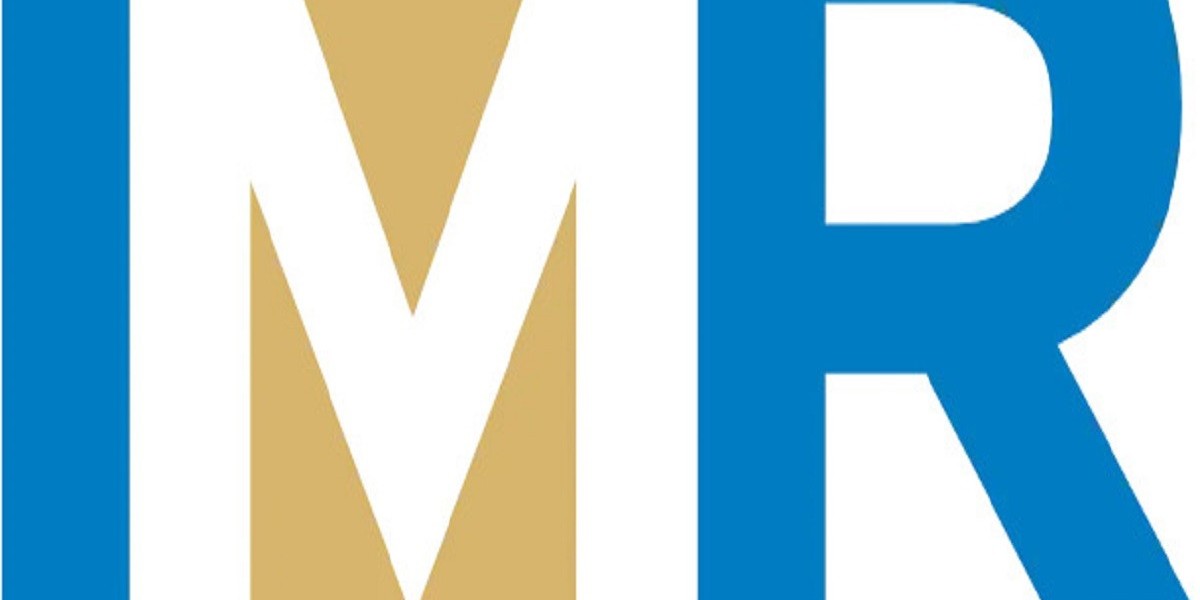Introduction to Dubai Real Estate Laws
Dubai's real estate market has become a global hotspot, attracting investors and residents from all over the world. With its luxurious developments and strategic location, Dubai offers immense opportunities. However, navigating the market requires a clear understanding of Dubai Real Estate laws and Regulations to avoid potential pitfalls.
Key Regulatory Authorities
Dubai Land Department (DLD)
The DLD oversees all property transactions, including sales, leases, and registrations. It ensures transparency and enforces property laws.
Real Estate Regulatory Agency (RERA)
RERA, a branch of DLD, regulates the real estate sector, establishes guidelines, and resolves disputes between landlords and tenants.
Ownership Laws in Dubai
Freehold vs. Leasehold Properties
Dubai offers both freehold and leasehold ownership options. Freehold allows outright ownership, while leasehold grants rights for a specified period.
Areas Designated for Foreign Ownership
Foreigners can purchase freehold properties in designated areas like Dubai Marina, Palm Jumeirah, and Downtown Dubai.
Freehold Property Ownership
Freehold ownership provides buyers with complete control over the property, including selling or renting it out. Popular freehold zones include Jumeirah Lakes Towers (JLT) and Arabian Ranches.
Leasehold Property Ownership
Leasehold ownership permits property use for a set duration, typically 10 to 99 years. Renewals depend on terms agreed with the landlord.
Buying Property in Dubai
Steps to Purchase Property
- Choose a property and make an offer.
- Sign the sales and purchase agreement (SPA).
- Register the transaction with DLD.
Legal Requirements for Foreign Buyers
Foreign investors must have a valid passport and adhere to the guidelines set by DLD.
The Role of Real Estate Brokers
Registered brokers play a vital role in facilitating transactions. Always verify a broker’s credentials on the RERA website to ensure legitimacy.
Real Estate Contracts and Documentation
Sales and Purchase Agreements (SPA)
This legally binding document outlines the terms of sale between buyer and seller.
Ejari System for Rental Contracts
Ejari ensures transparency in rental agreements and provides legal protection to both parties.
Understanding Ejari
Ejari, meaning "my rent" in Arabic, is a system that standardizes rental contracts. Registering through Ejari is mandatory and offers protection against disputes.
Regulations for Off-Plan Properties
What Are Off-Plan Properties?
Off-plan properties are units sold before completion. They often offer flexible payment plans.
Legal Protections for Off-Plan Buyers
Developers must register projects with RERA and maintain escrow accounts for buyer funds.
Escrow Accounts
Escrow accounts safeguard buyers by holding their payments until the project reaches specific milestones.
Rental Laws in Dubai
Tenant and Landlord Rights
RERA ensures balanced rights, including fair eviction notice periods and dispute resolution mechanisms.
Procedures for Resolving Disputes
Tenants and landlords can approach the Rental Dispute Settlement Center (RDSC) for mediation.
Rent Cap and Index
RERA’s rental index guides fair rent increases. The rent cap prevents sudden, exorbitant hikes.
Taxes and Fees
Transfer Fees for Property Transactions
DLD charges a 4% transfer fee for property sales.
Annual Service Charges and Maintenance Fees
Owners must pay fees for building maintenance and shared facilities.
Penalties for Non-Compliance
Violations, such as unregistered rental agreements or unlicensed brokers, result in hefty fines. Staying compliant is essential for avoiding legal trouble.
Conclusion
Dubai’s Real Estate Laws and Regulations provide a robust framework that ensures transparency and protects stakeholders. Whether buying, renting, or investing, understanding these rules is key. Consulting legal and real estate professionals can make the process smoother and more secure.







